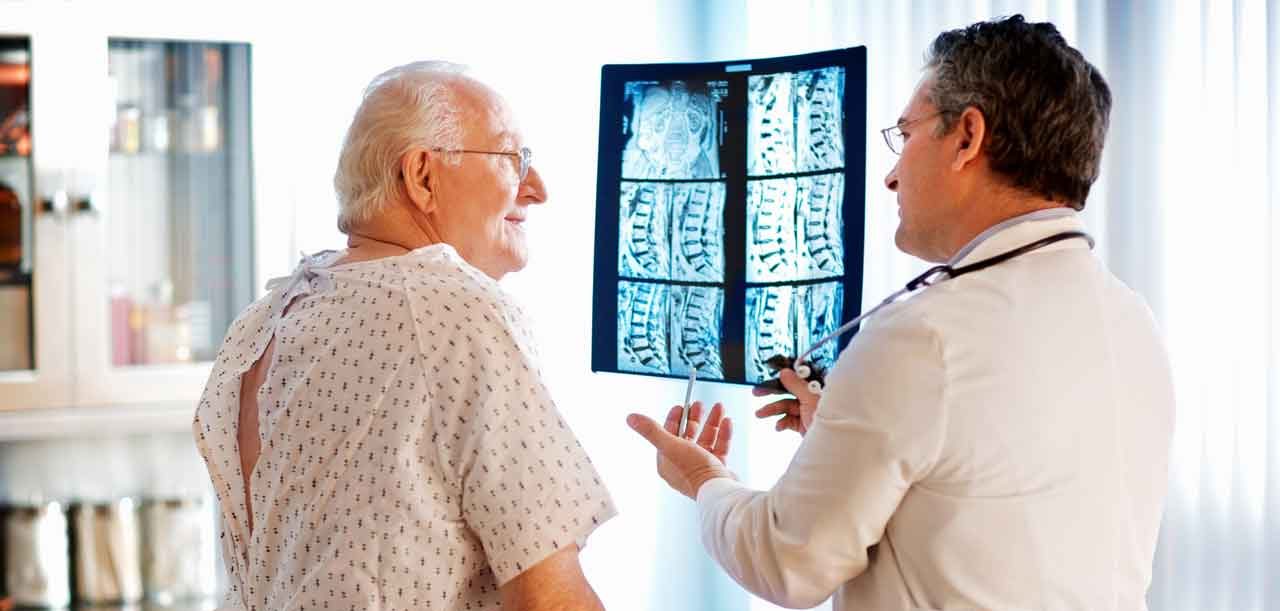Preparing for Surgery Helps Seniors Heal Faster

Help your mother or father prepare for surgery: Safety modifications to the home, good nutrition and exercise, and relaxation techniques help speed recovery.
Seniors can “prehab” for surgery and have help arranged for them afterwards to be ready for what’s coming — and heal faster when they get home.
Especially when a senior has chosen to “age in place” at home, surgery can be difficult to prepare for, but with family help and some steps you can be more ready no matter the surgery.
Prehab at home can include good nutrition and light exercise. Caregivers can also help their senior prepare mentally by conversing about the experience, especially when it comes to their concerns and expectations for recovery.
YOU MIGHT ALSO LIKE: How to Deal with Loneliness in Aging
While your senior is in the hospital for the surgery, use the time to prepare the home with safety modifications that can include stair lifts, wheelchair ramps, as well as shower chair and grab bars in bathrooms.
“Joint replacement surgeries may initially prove painful and limit mobility. In these cases, it is wise to survey the home for any fall risks that may exist, including loose carpeting and electrical cords,” according to Daily Caring.
Someone versed in meditation, mindfulness, even yoga, can help prepare you for the surgery ahead with relaxation breathing and guided imagery.
Studies have found that patients who use self-care techniques before surgery, including relaxation breathing and guided imagery, may need less medication, experience less pain and blood loss, and have faster wound healing and shorter hospital stays, writes the Carol Krucoff.
“Simple mind-body techniques like relaxation breathing and vividly imagining the best possible outcome of surgery prior to the procedure can reduce anxiety, sleep disturbance, and even the surgical stress response itself,” says Jeffrey Greeson, PhD, a clinical health psychologist at Duke Integrative Medicine in North Carolina.
Anxiety, fear, and high stress levels are related to poor surgical outcomes, according to Greeson. Anxiety can also increase pain and make some procedures, like starting an IV, more difficult, says Teresa Corrigan, a registered nurse and mind-body specialist at the Osher Center for Integrative Medicine at the University of California, San Francisco.
“Just because you’re a patient doesn’t mean you have to be helpless,” Corrigan says. “Even at a time of ultimate vulnerability, when you must show up and put on that gown, you still have the ability to influence your internal environment and make the experience better.”
New post-operative techniques are being used in many U.S. hospitals. These new approaches after surgery, called enhanced recovery after surgery (ERAS), speed healing with fewer complications. Patients have less pain and spend less time in the hospital, as well, according AARP.
A study of colorectal patients found the ERAS procedures cut hospital days by more than two days, decreased the complication rate by 17 percent, and increased patient satisfaction with pain control by 55 percent.
ERAS, pioneered in the early 1990s, flips traditional preparation on its head in a way by keeping patients hydrated, giving them analgesic non-narcotic pain medications before surgery, and letting them walk and eat solid food soon after surgery.
"Patients will regain independence and quality-of-life much more quickly," says Harvard Medical School professor Sharon K. Inouye, MD. It may even help older patients avoid a nursing home stay, she adds.
In all, senior patients can be better prepared mentally, which helps the surgery go more smoothly, while family and other loved ones can take precautions at home that helps speed healing and prevents setbacks like falls.
YOU MIGHT ALSO LIKE: How to Prevent Falls: Learn About Drug Side Effects
Updated:
April 07, 2020
Reviewed By:
Janet O’Dell, RN